Think you know what’s best for the environment when it comes to food? Think again. These forbidden food habits might be exactly what we need to save the planet.
1. Dumpster Diving
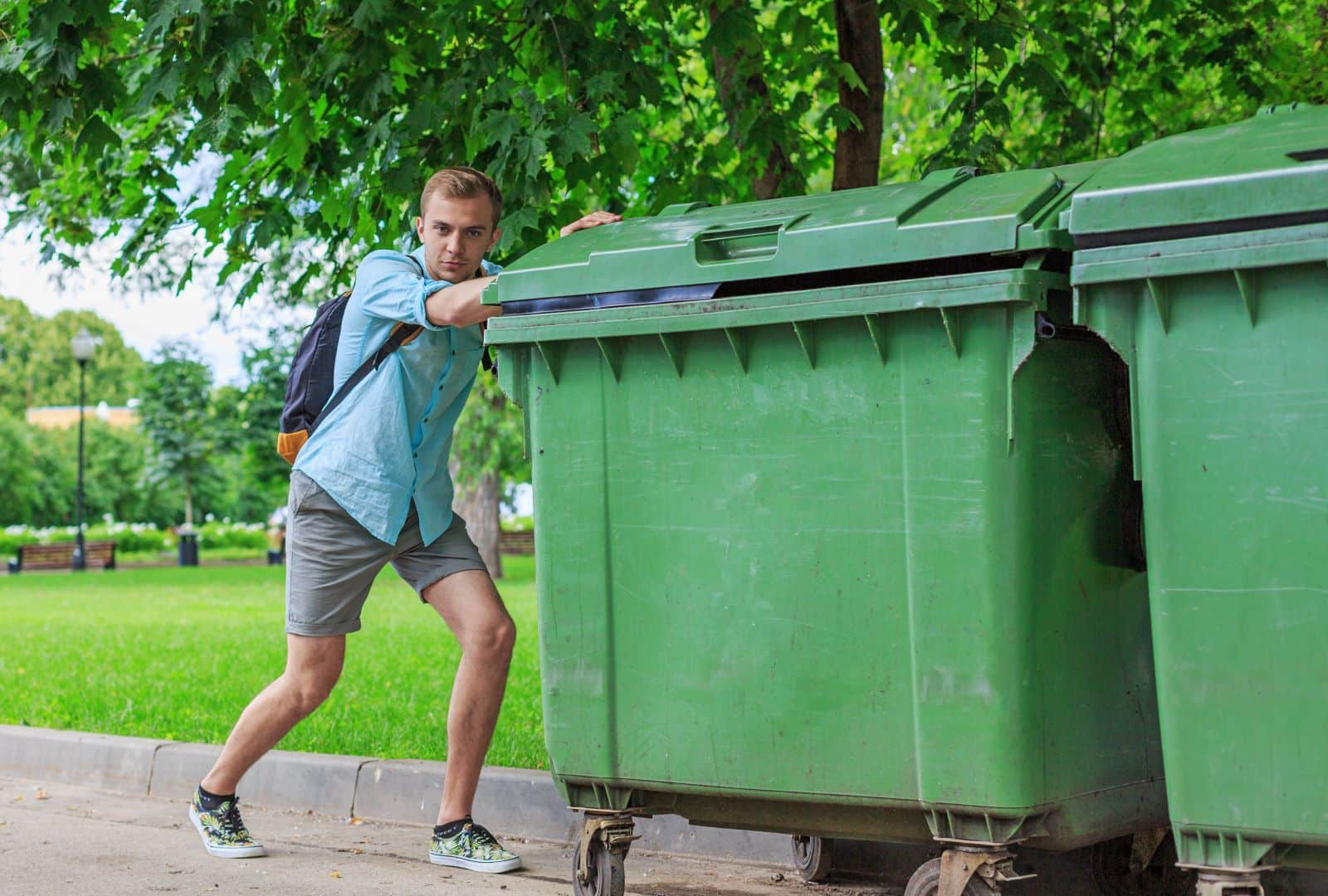
While it might sound extreme, dumpster diving can rescue perfectly good food from going to waste. Many discarded items are still safe to eat and can significantly reduce food waste.
2. Eating Invasive Species

Help control invasive species by adding them to your diet. Species like lionfish and Asian carp can be delicious and help protect native ecosystems.
3. Urban Foraging

Cities are full of edible plants if you know where to look. Urban foraging can provide you with free, local, and organic food while reducing the demand for commercially grown produce.
4. Embracing Imperfect Produce

Supermarkets often discard produce that doesn’t meet aesthetic standards. By choosing “ugly” fruits and vegetables, you can help reduce food waste.
5. Nose-to-Tail Eating
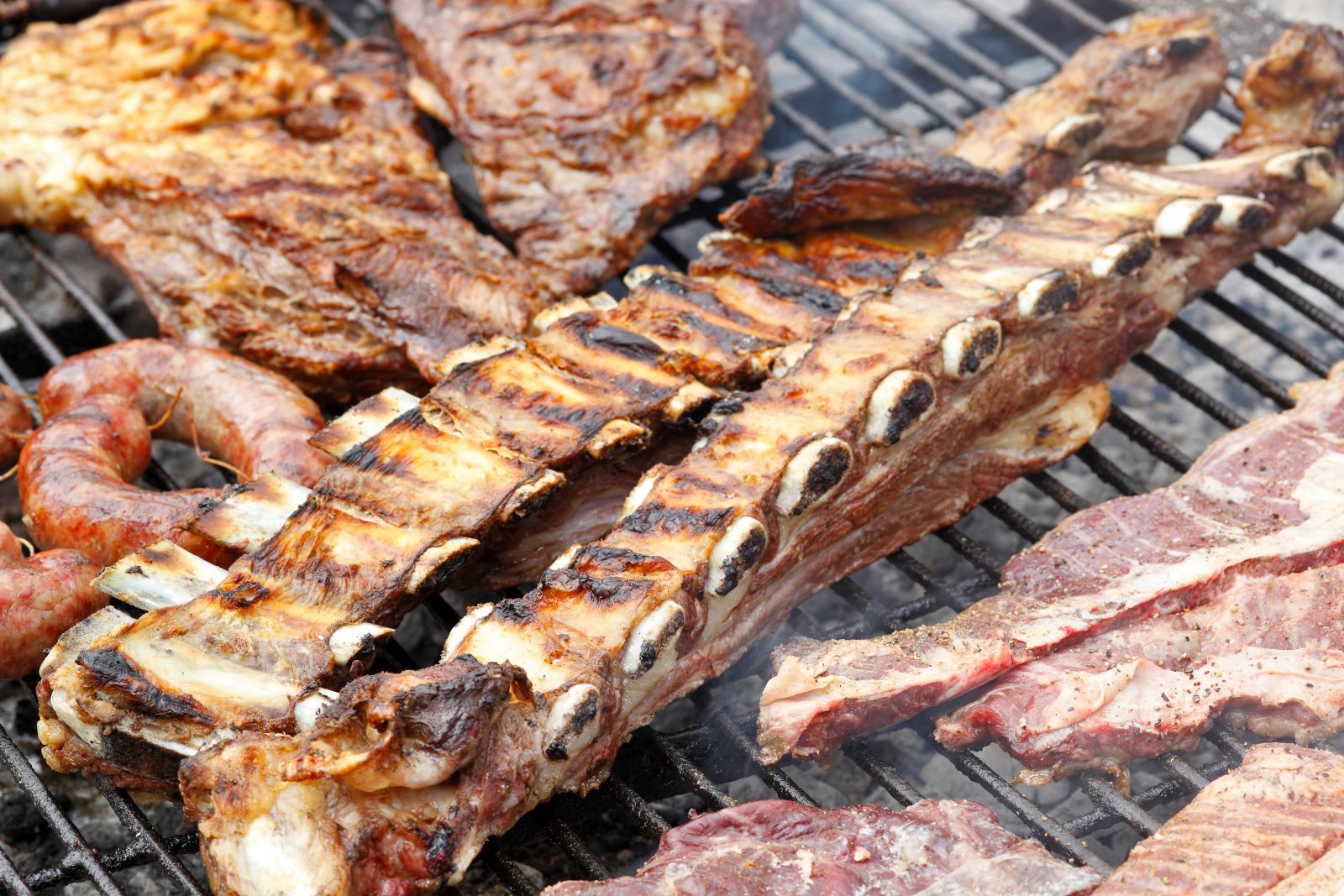
Instead of just consuming the prime cuts, eat the whole animal. Nose-to-tail eating ensures that no part of the animal goes to waste, making meat consumption more sustainable.
6. Fermenting Foods
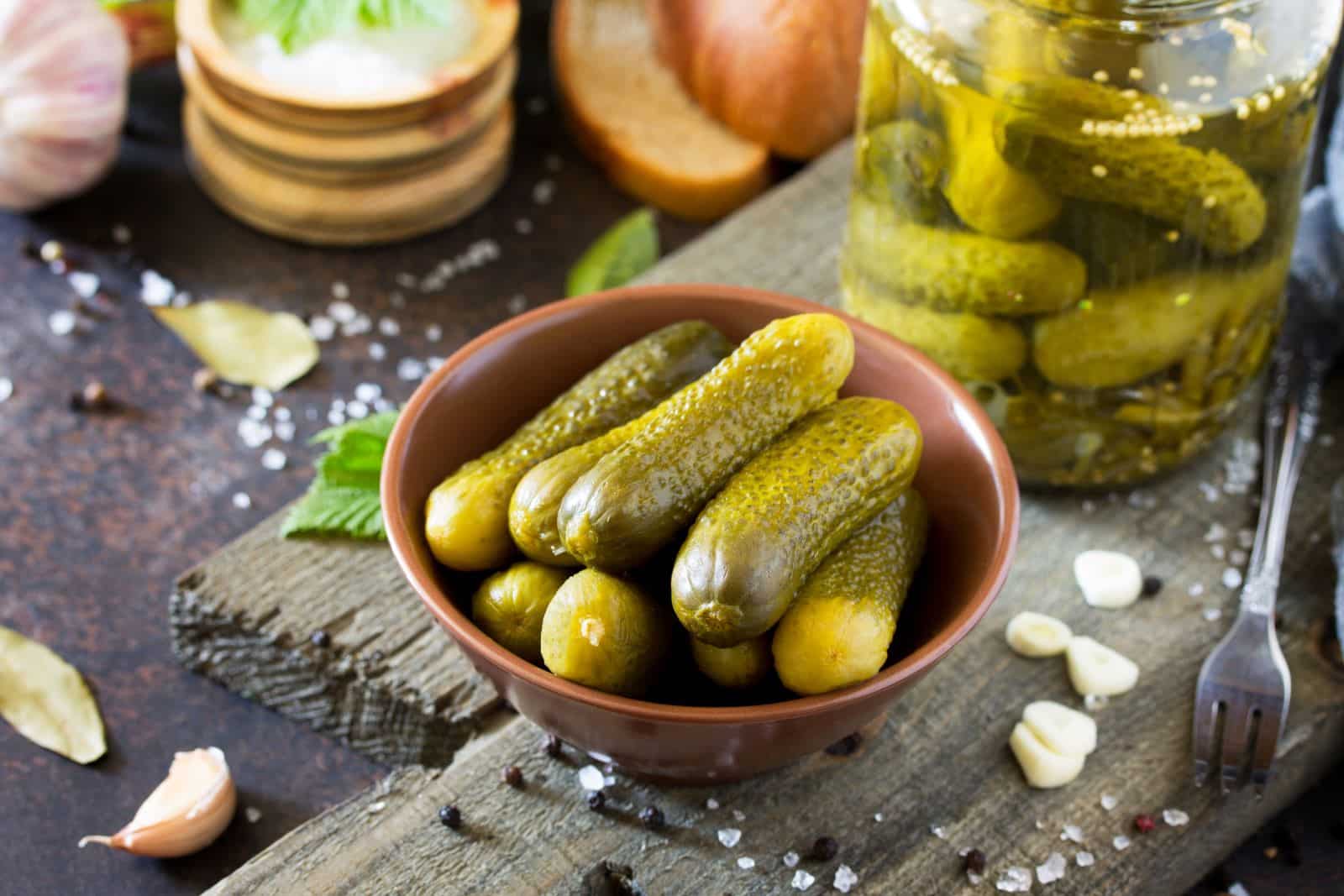
Fermenting foods at home can extend their shelf life and reduce waste. Plus, it’s a great way to enjoy probiotic-rich foods like kimchi and sauerkraut.
7. Foraging Wild Foods
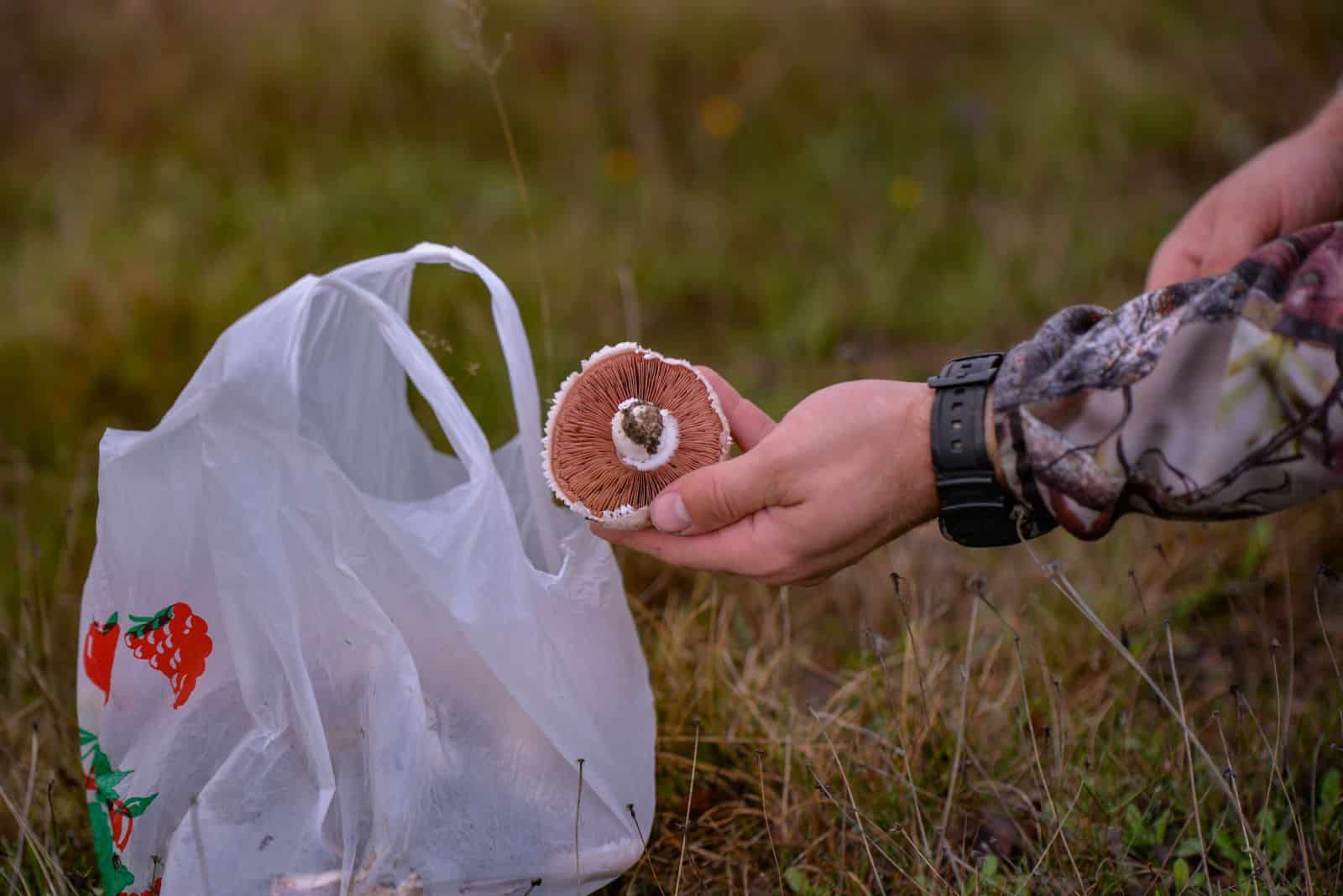
Learning to identify and harvest wild foods can decrease your dependence on conventional agriculture. Mushrooms, berries, and greens are just a few examples of what you can forage.
8. Eating Roadkill

In some places, it’s legal and safe to consume roadkill. This unconventional practice reduces waste and makes use of animals that would otherwise be discarded.
9. Growing Your Own Mushrooms
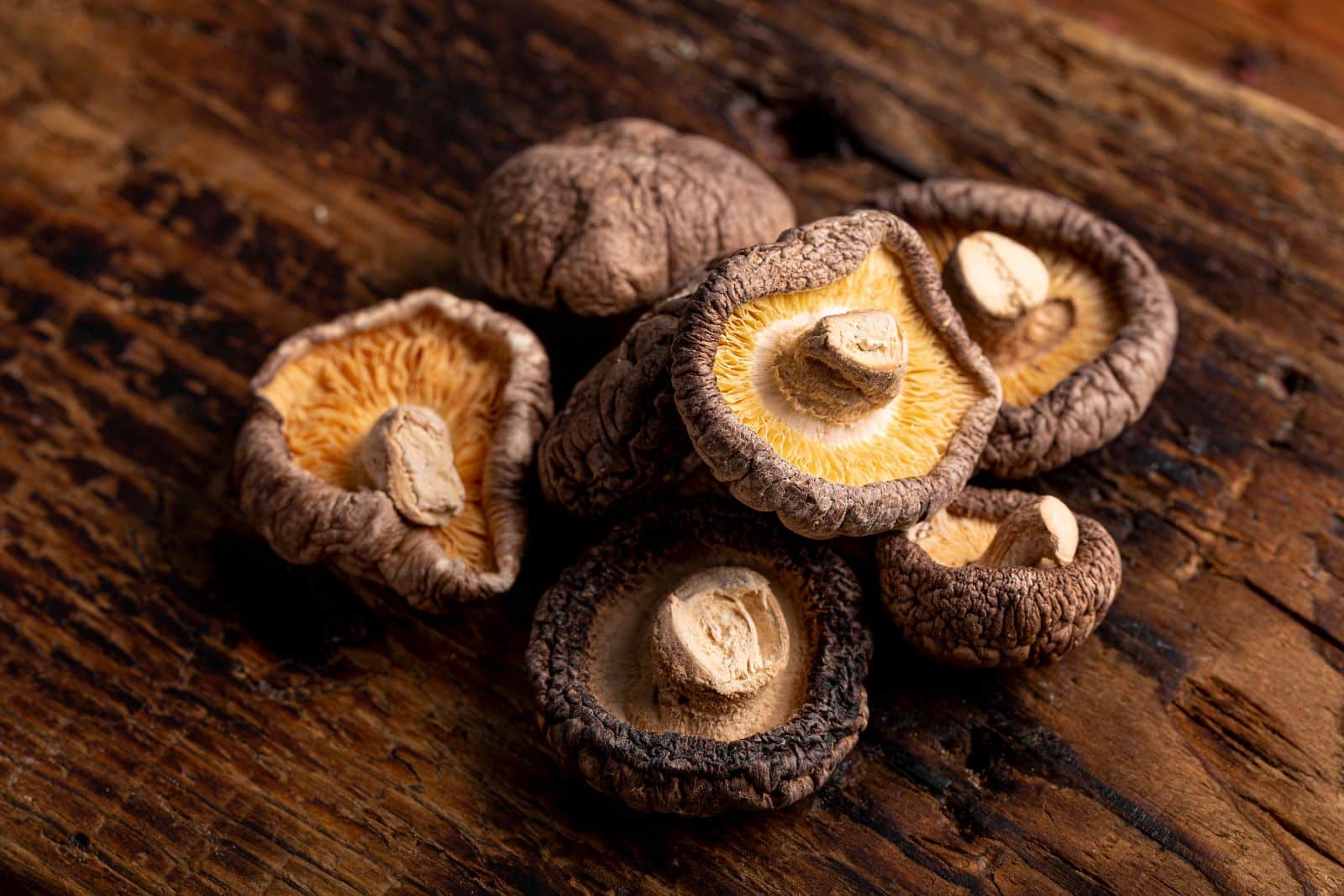
Mushrooms can be grown on coffee grounds and other waste products. Home-growing mushrooms is a sustainable way to enjoy this nutritious food.
10. Insect Consumption
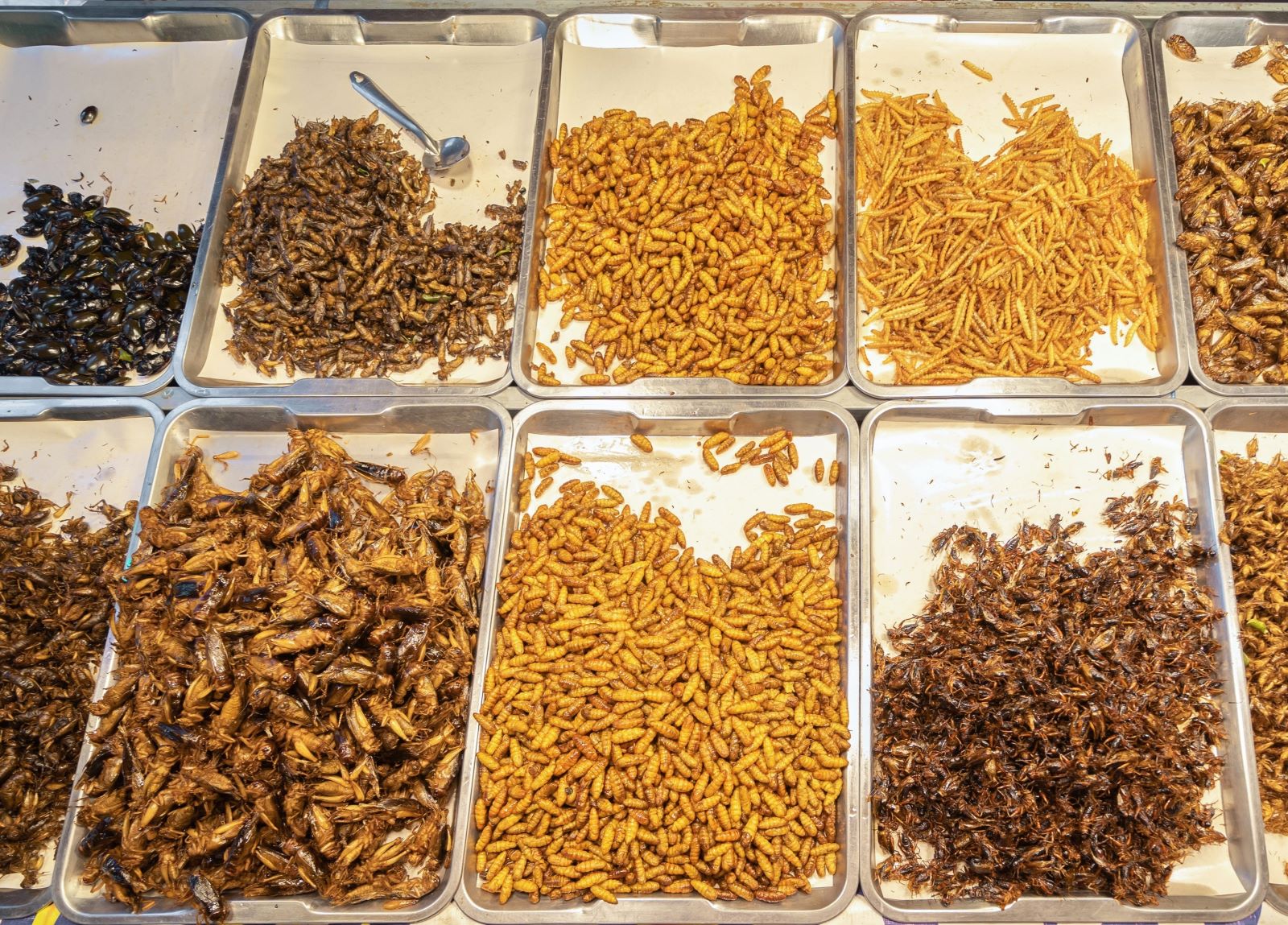
Insects are a highly sustainable protein source. Eating bugs like crickets and mealworms can significantly reduce your carbon footprint.
11. Dumpster Diving for Ingredients

Some chefs are creating gourmet meals from discarded food. This practice highlights the potential to reduce waste and reframe how we view “expired” ingredients.
12. Seaweed Farming
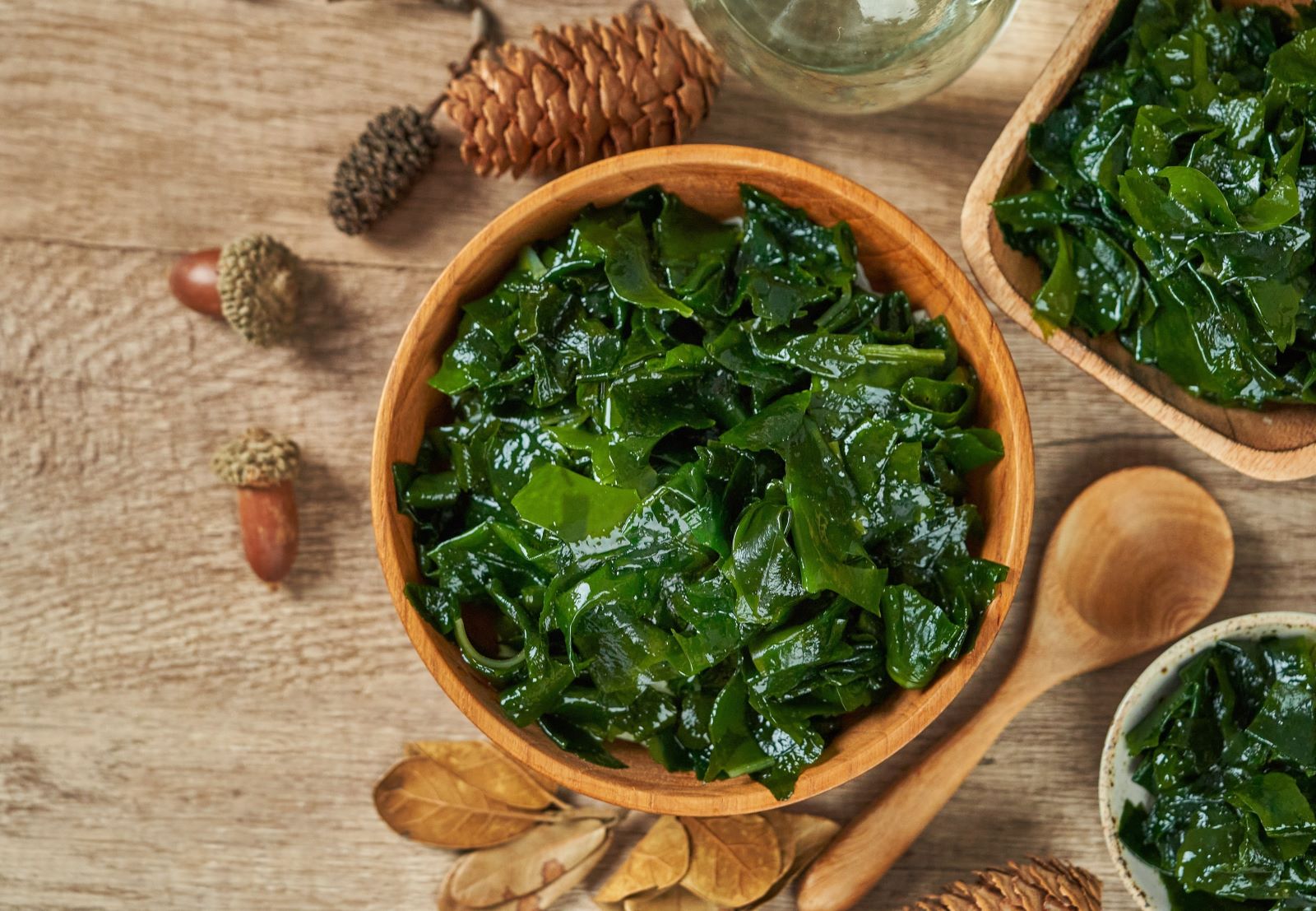
Seaweed is incredibly sustainable to farm and rich in nutrients. Incorporating more seaweed into your diet can support ocean health and provide a low-impact food source.
13. Intermittent Fasting

Intermittent fasting can reduce food consumption and waste. By eating less frequently, you can lessen your environmental impact and promote better health.
14. Home Aquaponics
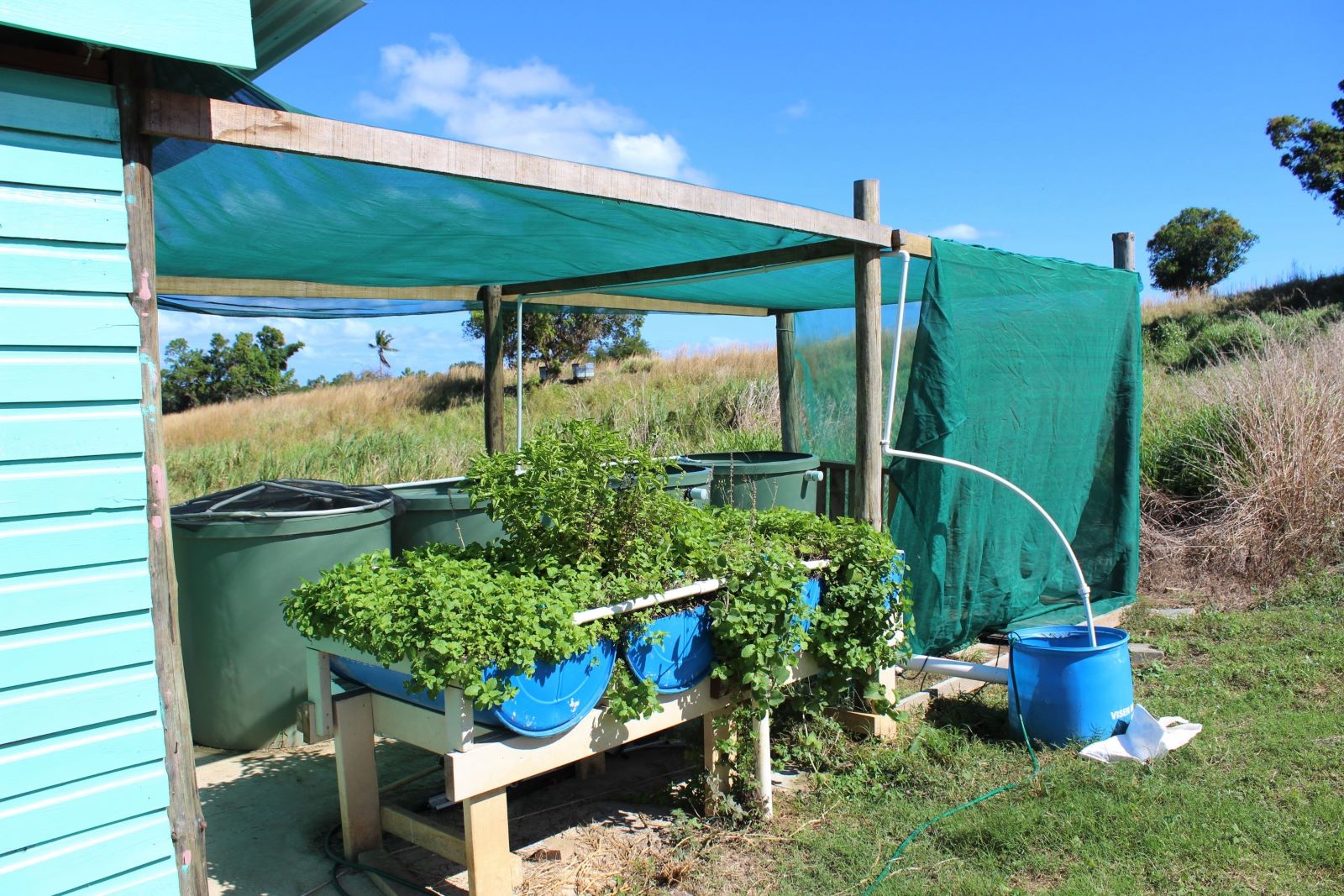
Raising fish and plants together in a closed-loop system can provide fresh produce and protein with minimal environmental impact. Home aquaponics setups are becoming more accessible.
15. Planting Perennial Vegetables

Perennial vegetables require less maintenance and resources than annuals. By planting perennials, you can enjoy a more sustainable garden.
16. Eating Algae

Algae like spirulina and chlorella are nutrient-dense and sustainable to produce. Incorporating these superfoods into your diet can lower your carbon footprint.
17. Reducing Food Packaging
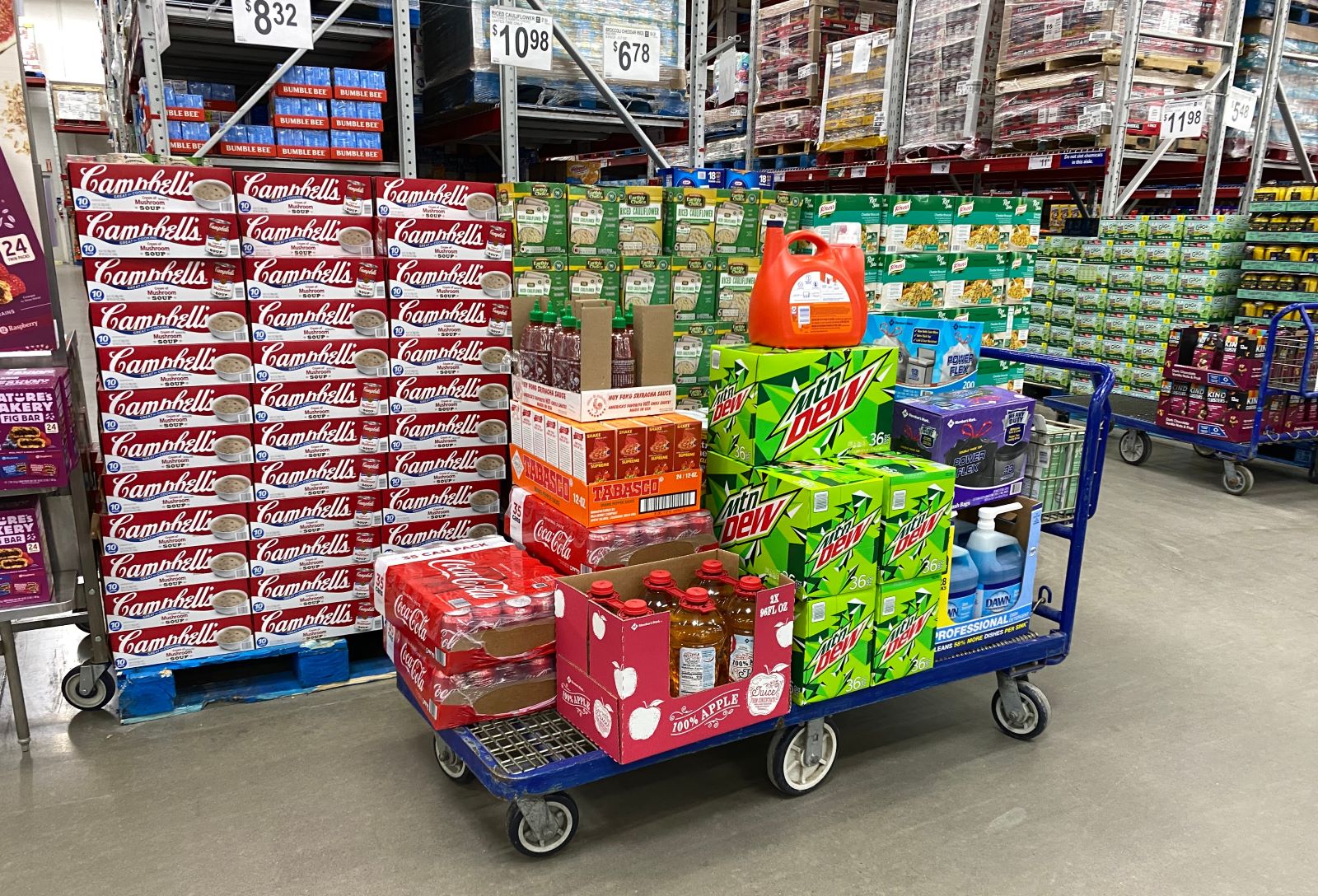
Buying in bulk and choosing products with minimal packaging can reduce your plastic waste. Bringing your own containers and bags to the store helps minimize single-use plastics.
Rethink Your Plate
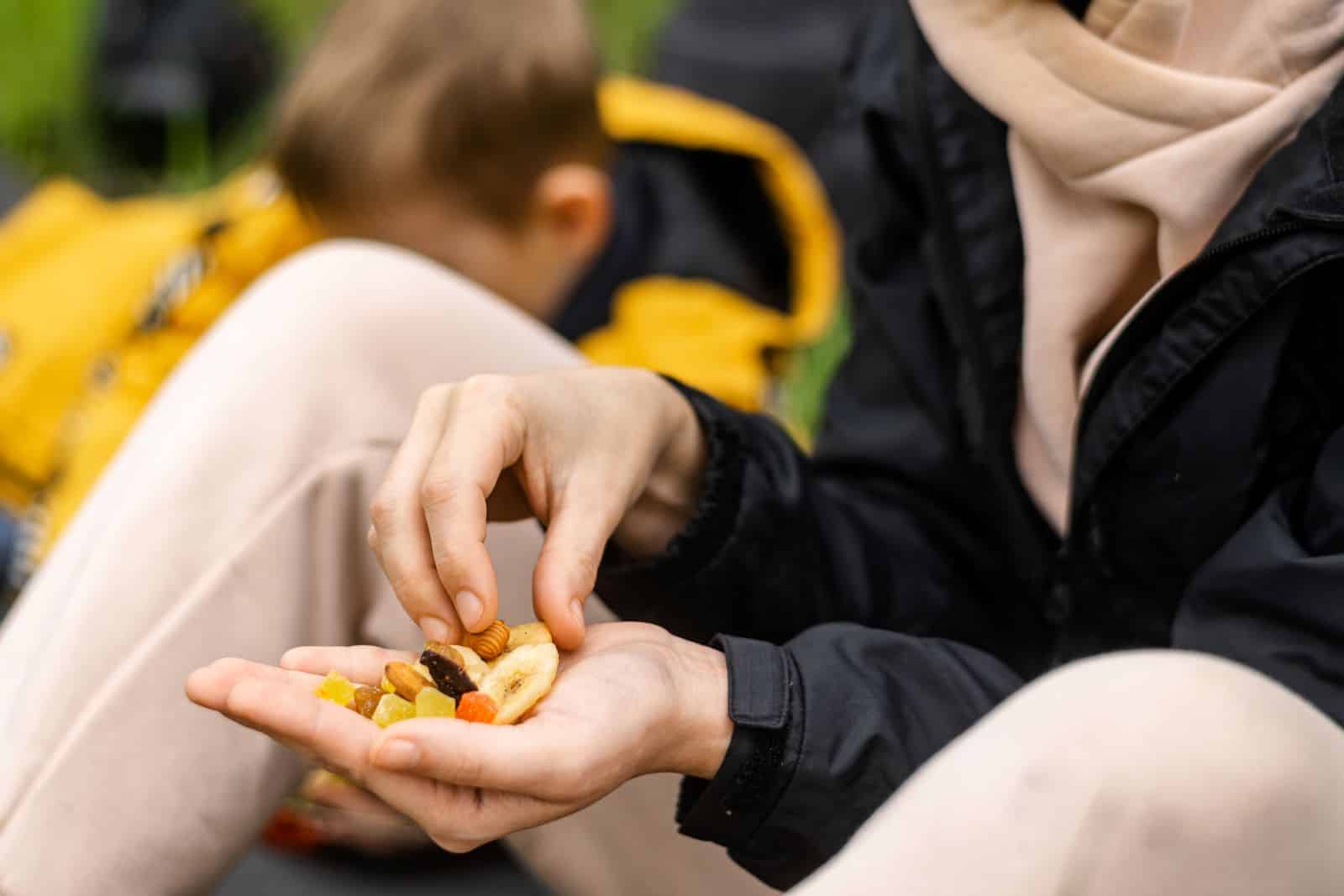
These forbidden food habits challenge conventional wisdom but offer innovative ways to protect the planet. By thinking outside the box and adopting some of these practices, you can make a significant impact on reducing waste and promoting sustainability. Ready to give them a try? The planet will thank you.
Remote No More: 19 Companies Returning to the Office

As the pandemic wanes, companies are recalling remote workers back to the office, sparking debates on fairness, costs, and convenience. However, there are also notable productivity, coworking, and mental health benefits to consider. Feeling the effects of these changes? Remote No More: 19 Companies Returning to the Office
8 Costco Must Buys and 8 to Leave Behind

Ever wandered Costco’s aisles, questioning if that giant jar of pickles is a real bargain? Or debated buying tires where you get your rotisserie chicken? Welcome to the definitive guide to Costco shopping—a journey to save money, prevent regrets, and offer quirky insights into bulk buying. 8 Costco Must Buys and 8 to Leave Behind
23 Reasons Texas Is the Next Big Thing

Texas is becoming a beacon of opportunity, blending cultural heritage with economic growth. From its landscapes to its industries, the Lone Star State offers a dynamic lifestyle. Here are 23 reasons why Texas stands out, attracting entrepreneurs, artists, tech professionals, and families seeking new beginnings. 23 Reasons Texas Is the Next Big Thing
15 Top Sites to Sell Your Unwanted Goods Besides Craigslist

Selling your unwanted items can declutter your space and boost your income. While Craigslist is popular, there are many alternatives with unique features and wider audiences. Explore these 15 Craigslist alternatives for selling everything from furniture to electronics, finding the perfect platform to turn clutter into cash. 15 Top Sites to Sell Your Unwanted Goods Besides Craigslist
Work from Anywhere: 19 Companies Still Supporting Remote Work

Tired of commuting and craving work flexibility? You’re not alone. Many companies now offer remote work, benefiting both employees and employers. Ever wondered how this shift could enhance your work-life balance? Work from Anywhere: 19 Companies Still Supporting Remote Work
The post 17 Forbidden Food Habits That Might Actually Save the Planet first appeared on Liberty & Wealth.
Featured Image Credit: Shutterstock / LightField Studios.
The content of this article is for informational purposes only and does not constitute or replace professional financial advice.
For transparency, this content was partly developed with AI assistance and carefully curated by an experienced editor to be informative and ensure accuracy.

